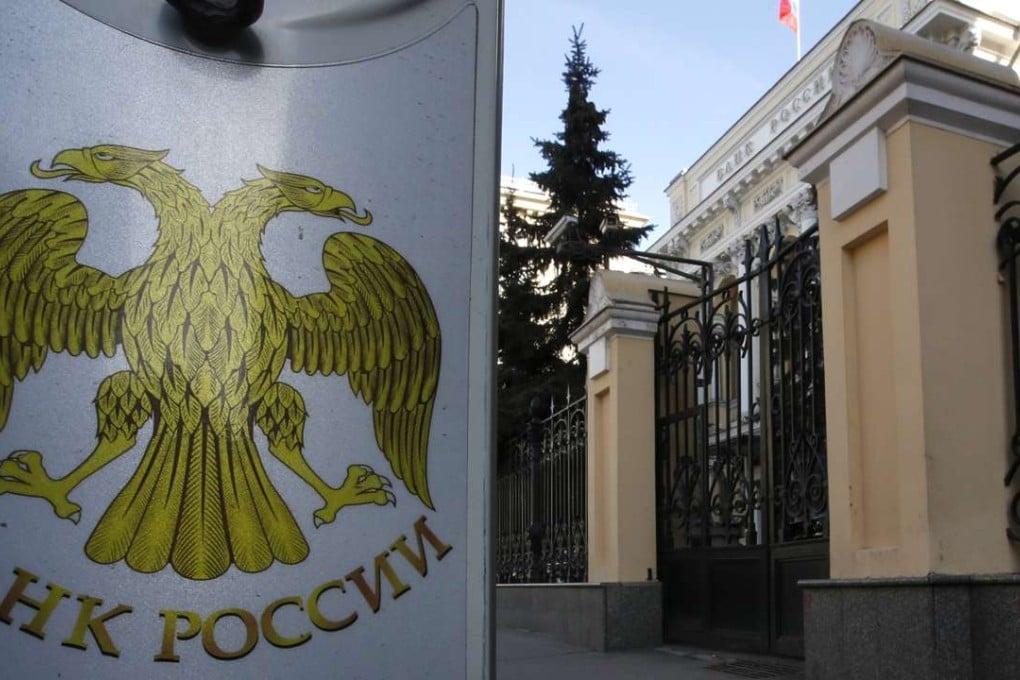ICBC and Bank of China to help underwrite Russia’s issuance of largest yuan-denominated foreign sovereign bond
6b yuan deal will mark Russian government’s first return to bond market since 2013

Industrial and Commercial Bank of China, Bank of China and Russia’s Gazprombank are set to become the key lead managers helping the Russian government underwrite a six billion yuan (HK$7.1 billion) bond, a source said.
The deal, poised to become the yuan bond market’s largest foreign sovereign issue, will also mark the Russian government’s first return to the bond market since 2013, an investor with knowledge of the deal said.
ICBC and Bank of China are in the process of acquiring brokerage licences in Russia to enable the issuance. Pending their approval by Russian regulators and the People’s Bank of China, the mainland’s central bank, restarting the Renminbi Qualified Domestic Institutional Investor (RQDII) programme, which allows yuan funds abroad, the banks aim to launch the deal targeting mainly Chinese investors’ money before the end of this year, although there is a chance regulatory procedures could delay it to early next year.
The government is targeting Chinese investors. The preference is Chinese investment banks
If successful, the Russian government deal will establish a benchmark price and credit terms for big Russian companies to follow in future yuan issuances. It will diversify Russia’s access to capital away from the West, which has been complicated by sanctions imposed since 2014 following Russia’s annexation of Crimea and backing of rebels in eastern Ukraine.
The Chinese government supports commercial ties with Russia and is keen to develop the yuan into a funding currency, making yuan bond issuances a potentially lucrative market that Chinese and Russian players can develop.
Kun Shan, director of flow credit trading at BNP Paribas (China) said it was “a really difficult call”, because there had never been a precedent.
“You can’t use Chinese pricing mechanisms to price the issue,” Kun said on the sidelines of the Asia Securities Industry and Financial Markets Association’s China capital markets conference in Singapore on Wednesday. “How do you build the cross reference? If the issue does go through, it will be the risks of the sovereign, rather than currency risks.”
Andrei Akopian, managing partner at Caderus Capital, a top Russian fund and boutique investment bank, said 6 billion yuan would be the biggest sovereign issue, topping Britain’s 3 billion yuan issue.